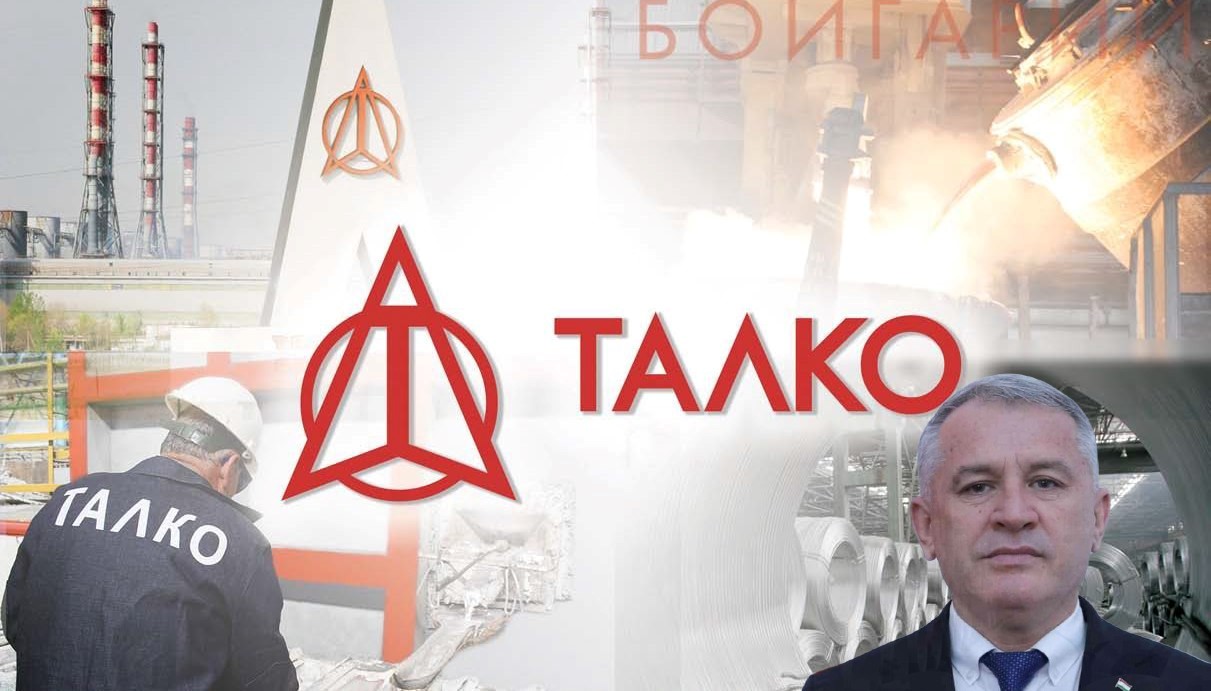

In an interview, Tajikistan Ambassador to Korea Salohiddin Kirom advocated for a strategic partnership between South Korea and Tajikistan. Tajikistan's "Green Economy Development Strategy 2023-2037" aims to optimise natural resource use, enact regulatory reforms, attract investments, introduce modern technologies, boost global collaboration in the green economy, and double renewable energy production by 2050.

Tajik Aluminum Company (TALCO) has already established itself as one of the top global producers of "green aluminium." Tajikistan views the production of "green aluminium," copper, and lithium as advantageous for investments in electric vehicle manufacturing.
With abundant natural resources, vast hydropower potential, and mineral reserves, Tajikistan is well-positioned to help South Korea achieve its sustainable development goals. The country ranks eighth globally in total hydropower resources and is home to some of the world's largest hydropower plants. According to the International Energy Agency Report 2022, Tajikistan is ranked eighth in the world for hydropower potential with an estimated 527 terawatt-hours (TWh).
The Ambassador has highlighted that products made with green energy will be exempt from carbon taxes in the near future. He has urged Korea to take advantage of taxes and labour resources to produce industrial products and export them to the Korean market. This, he believes, will be beneficial.
Kirom has emphasised the investment potential in Tajikistan's mining industry, which boasts 800 identified deposits spanning gold, silver, iron-bismuthic, wolframite, antimony, marble, granite, precious stones, oil, and natural gas. These resources have been identified and prepared for exploration.
Talking about the Tajik Aluminum Company (TALCO), Kirom declared: "Tajikistan's hydropower capacity, combined with new technologies, allows for the production of aluminium, other metals and finished products from them with minimal carbon emissions."
The Ambassador has suggested that Korean companies exploit polymetallic minerals and rare and precious metals amid the high demand for essential mineral resources. He has called for sustainable industrial collaboration and envisioned the production of electric vehicles, leveraging Tajikistan's resources to contribute to the global shift towards "green" transportation.
"Products made with green energy will be exempt from carbon taxes in the near future," Kirom analysed.
Tajikistan is a country that is rapidly developing through the implementation of its National Development Strategy until 2030. The country is collaborating with international financial institutions to implement investment projects totalling $4.5 billion. The private sector plays a significant role in Tajikistan's consistent annual economic growth, averaging over seven per cent and contributing approximately ninety per cent to the production of goods and services.
Tajikistan's membership in the World Trade Organization, extensive legal guarantees for business and investment protection, and robust development of the private sector are factors that have contributed to the country's economic advancement. Tajikistan is also committed to addressing global challenges posed by terrorism and extremism for stability and development. The country has established diplomatic ties with South Korea, and the legal framework between the two countries is underpinned by nine intergovernmental agreements, including the Forum on Cooperation between Central Asia and South Korea, initiated in 2007.
The forum, held annually, discusses cooperation between Central Asian countries and South Korea. In a meeting held on October 31, 2023, Tajikistan's Foreign Minister Sirojiddin Muhriddin and Korea's Foreign Minister Park Jin discussed enhancing the legal framework and broadening ties in trade, economics, investment, science, technology, inter-parliamentary relations, industry, energy, culture, tourism, and labour migration.
Tajikistan is committed to expanding bilateral cooperation with Korea as a reliable partner with valuable development experience and next-generation technologies. The C5+Korea framework is a diplomatic channel through which the Kazakhstan, Kyrgyzstan, Tajikistan, Turkmenistan, and Uzbekistan governments can engage with Korea.
Responses








